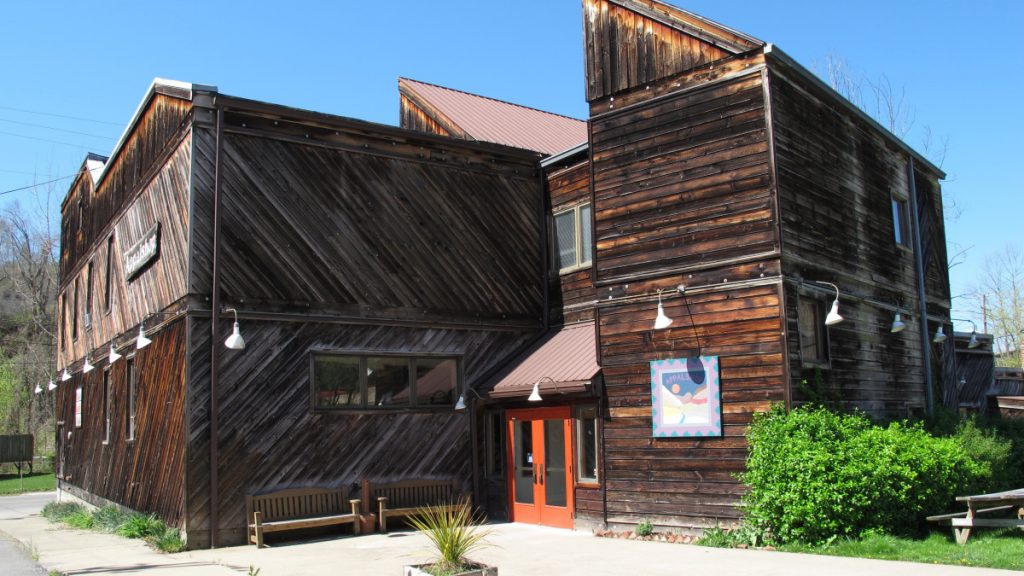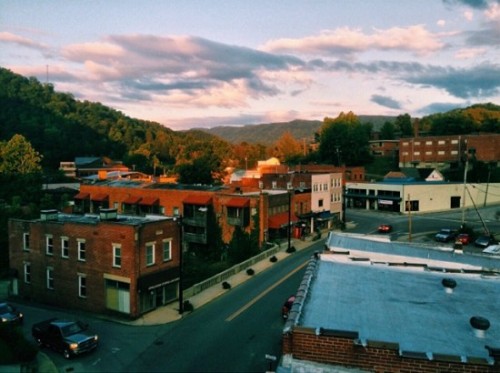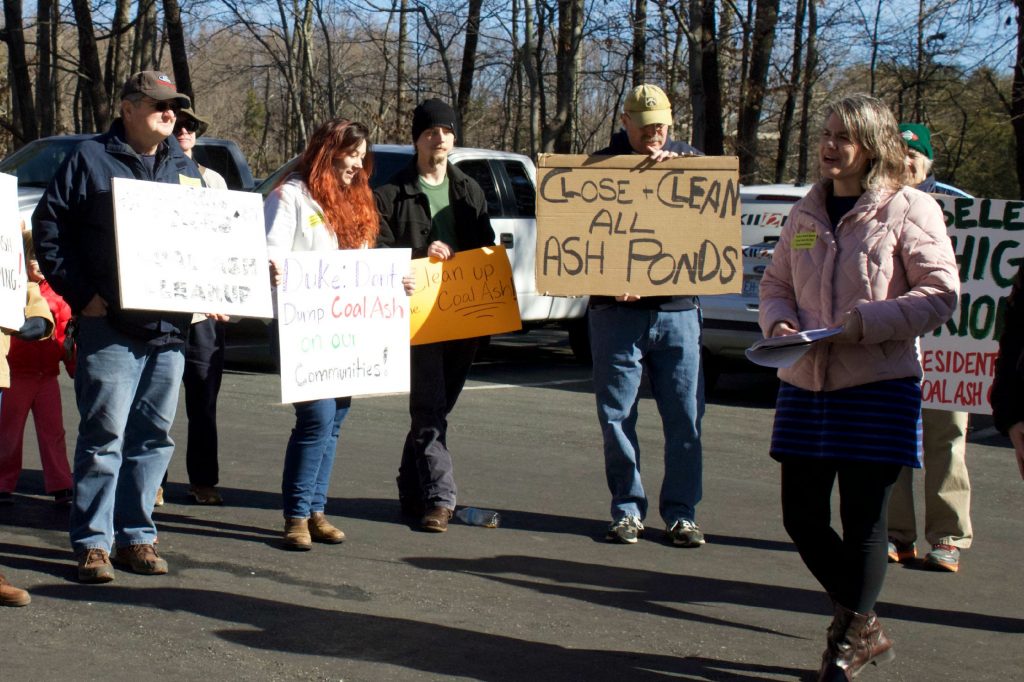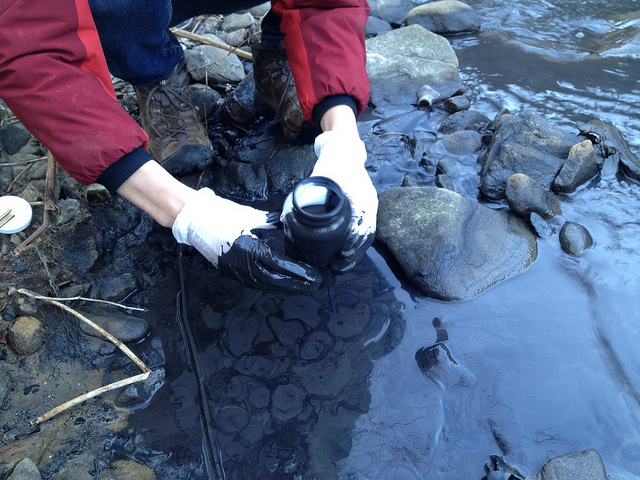Posts Tagged ‘Coal’
White House POWER Initiative grants awarded
Efforts to increase employment, and develop and diversify the economies of historically coal-reliant communities just received a major boost. Earlier today, the White House announced $14.5 million in grant awards to organizations and projects occurring across 12 states. A majority of the three dozen awards, and most of the grant dollars, are going to plan or implement projects in Central Appalachia.
Read MoreRegulators Hear from Coalfield Residents on Proposed Stream Protections
Community members voiced their opinions and concerns at public hearings about Stream Protection Rule that were held in Kentucky, Virginia and West Virginia.
Read MoreTwo Coal Companies Guilty of Water Pollution Violations
In recent decisions, two coal companies were found guilty of violations to the Clean Water Act.
Read MoreEnergy Report News Bites
Robust Opposition to Atlantic Offshore Drilling, Benefits of Natural Gas and Coal Refuted, and Virginia Establishes Green Community Program
Read MoreBankruptcies Roil Coal Industry and Worry Regulators
Major coal companies are filing for bankruptcy, causing concerns that they may not clean up contaminated lands or meet their obligations to workers.
Read MoreAppalachian Rails Have Strong Ties to Fossil Fuels
By Elizabeth E. Payne For more than 100 years, railroads have roared through the Appalachian mountains, connecting the region to the rest of the country, and moving resources and people in and out of the region. Trains first entered Appalachia in 1851, when the Baltimore & Ohio Railroad Company extended one of its lines to…
Read MoreThank God for our Kentucky newspapers
Local newspapers in Kentucky have helped expose state regulators’ lax treatment of industry, most recently in the form of a secretive deal stuck with an oil company responsible for polluting drinking water supplies. But sadly, Kentucky’s politicians and agencies aren’t shy in revealing whose interests they truly serve either.
Read MoreCitizen stories counter coal industry deception
Citizens and clean water advocates used a series of hearings on the proposed Stream Protection Rule to demand improvements to the draft version and call out state agencies for repeatedly failing to enforce regulations already on the books. Coal industry representatives, on the other hand, relied on “war on coal” rhetoric and deception to rally against the rule.
Read MoreCoal Ash: It’s not just toxic, it’s radioactive!
This week, a study conducted by Duke University was published in “Environmental Science and Technology” which concluded that coal ash is more radioactive than its parent coal or soil, and that the radioactivity may exceed safe levels for human exposure.
Read MoreClean Water Laws Wrestle With Coal
From The Appalachian Voice: America’s environmental regulations have hampered the coal industry to varying degrees for decades, and though those rules can protect communities from pollution, the law alone is often not able to secure clean water. Here are some of the trouble spots.
Read More




